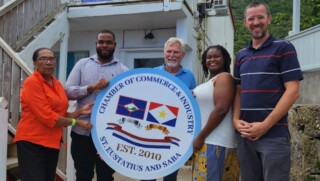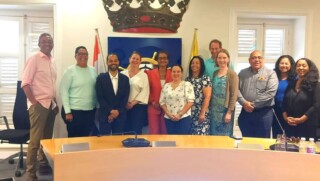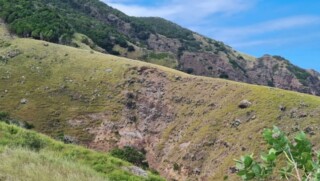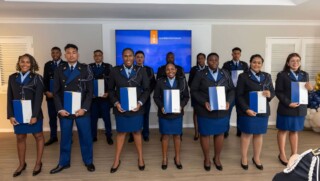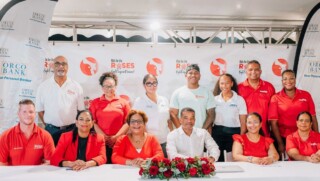Two more endangered species are added to the Annexes of the Specially Protected Areas and Wildlife
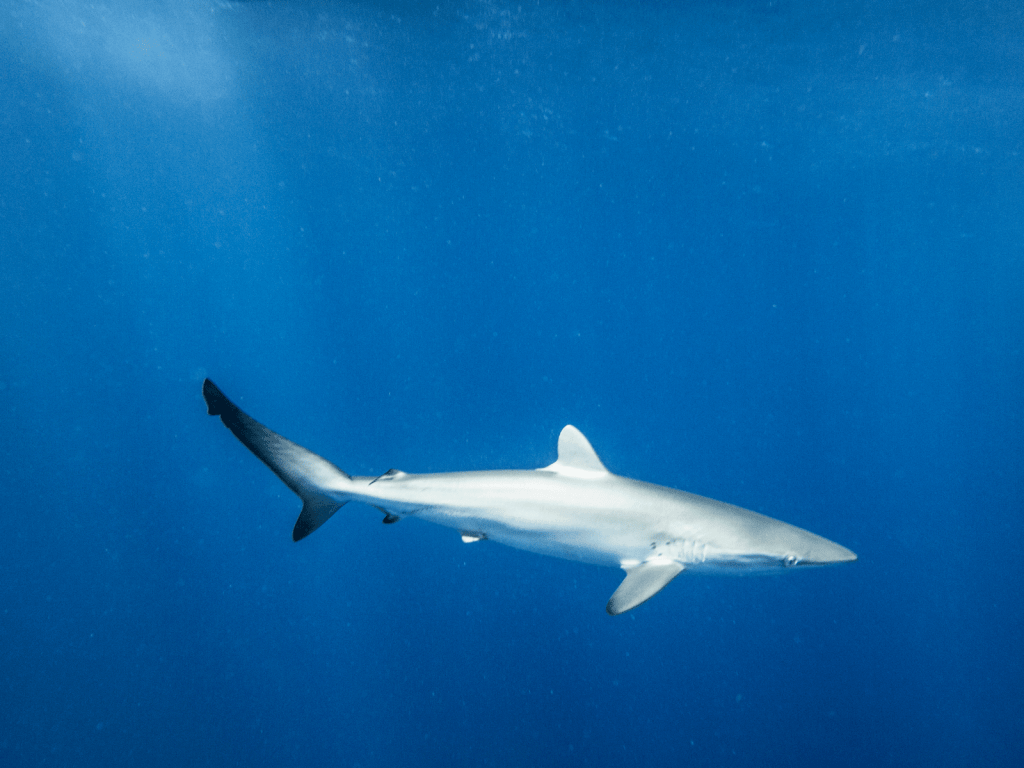
Kralendijk – Last week Caribbean nations agreed to add two more species to the Annexes of the Specially Protected Areas and Wildlife (SPAW) Protocol, the only transnational legal instrument for the environment of the Caribbean. At the insistence of the Kingdom of the Netherlands, regional SPAW member governments unanimously decided to recommend largetooth sawfish and silky shark for (obligatory) protection under SPAW.
“We are very pleased that our proposals could count on so much support,” said Paul Hoetjes, of Coordinator of nature policy for the Caribbean Netherlands of the Dutch Ministry of Agriculture, Nature and Food Quality (LNV). “Through the SPAW protocol, signatory countries have made firm commitments to ensure the protection of these unique animals.”
Danger of extinction
Just this week, a study was published classing the Largetooth Sawfish (Pristis pristis) as the elasmobranch species most in danger of extinction. Sharks and rays belong to the subclass of the elasmobranchs. Human activities like overfishing and destruction of vital habitats such as coral reefs and mangrove forests, have caused this decline. In the case of Silky Sharks the numbers have been severely reduced by overfishing around the world and protection is now needed to prevent further decline.
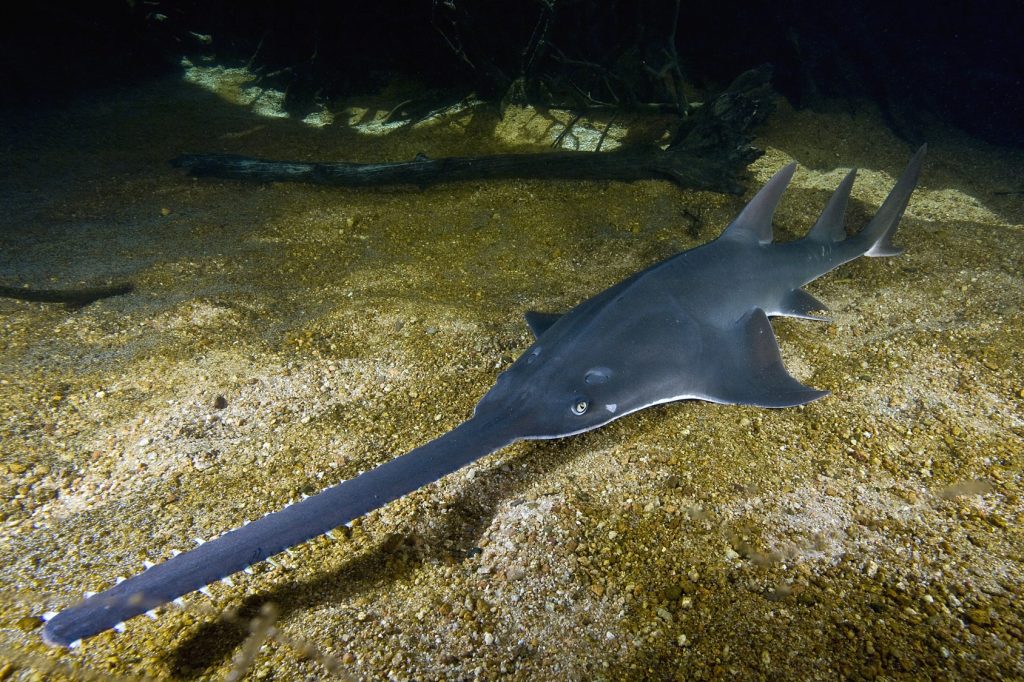
The Dutch elasmobranch Association (NEV) worked closely with the Ministry of LNV, providing the scientific input for the proposals and ensuring they were aligned with other international standards.
Protection
Irene Kingma, director of the NEV: “In 2015 we started working with the Kingdom of the Netherlands on protection of sharks and rays under SPAW. We are very happy to continue this partnership with the formulation of the proposals for these iconic species.”
“We are elated to see that these two very important species can now gain legal protection in the Caribbean Sea. We look forward to the listing of additional species, making the Caribbean a global safe-haven for elasmobranchs,” commented Tadzio Bervoets, leader of the Save our Sharks Project of the Dutch Caribbean Nature Alliance, funded by the Dutch Post Code Lottery.
The adoption of the proposal is an important first step toward permanent inclusion on the protocol. In March the final decision will take place at the SPAW Conference of the Parties after which the protection will come into force.
For more information on Save our Sharks visit www.saveoursharks.nlor follow us on www.facebook.com/SaveOurSharksNLor www.twitter.com/SaveOurSharksNL
Elasmobranchs
Elasmobranchs help to keep our marine ecosystems healthy and productive. As large predatory fish sharks and rays deliver a vital contribution to the preservation of the natural balance in the ocean, the biodiversity and its sustainable function. All available evidence shows that the number of sharks in the Caribbean region has declined sharply, a development that reflects the large decline in shark populations worldwide. The International Union for Conservation of Nature (IUCN) estimates that currently one quarter of sharks and rays are threatened with extinction, mainly due to overfishing and disappearing habitats.

